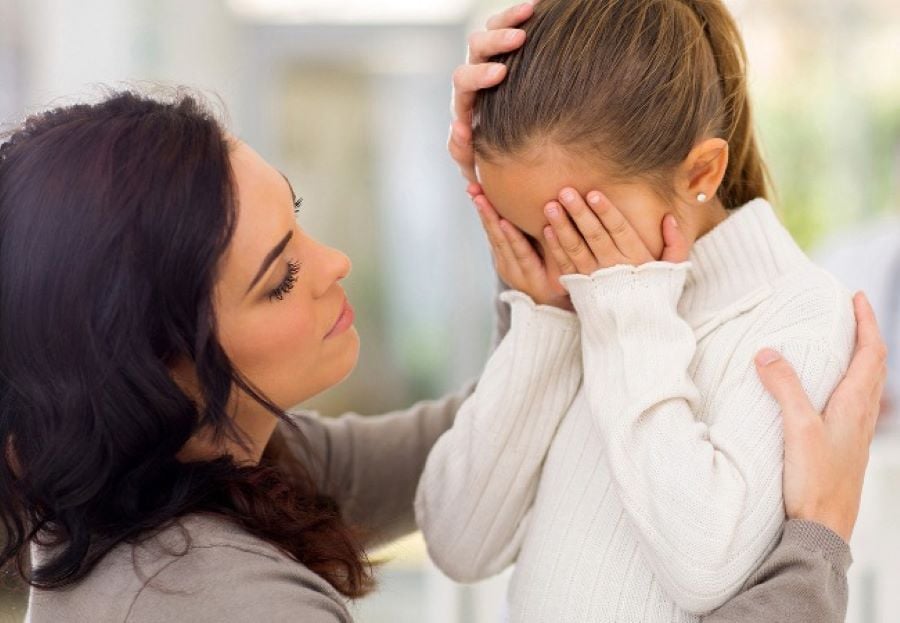Welcoming a new baby into your life is a joyous event that comes with many changes and challenges. As a parent, you want to ensure that your child is developing well in every aspect, including emotionally. Understanding the emotional development of your baby can help you support their growth and establish a strong and healthy bond with them.
Table of Contents
What is Emotional Development?

Emotional development refers to the ability of children to recognize and understand their own emotions, as well as the emotions of others. It involves the development of emotional self-regulation, empathy, and social skills that help children navigate their relationships with others.
Stages of Emotional Development

The emotional development of babies occurs in stages that are largely determined by their age. Here are the stages of emotional development that you can expect in your baby:
0-3 months

During this stage, babies experience basic emotions such as pleasure, distress, and contentment. They also start to recognize familiar faces and voices and may express pleasure by smiling or cooing.
4-6 months

Babies start to develop more complex emotions such as joy, anger, and sadness. They may also start to display a preference for certain people and may express fear or anxiety in response to strangers.
7-12 months

During this stage, babies become more aware of their surroundings and may experience a range of emotions in response to different situations. They may also start to display a sense of independence and may become frustrated when they can’t do something.
1-2 years

Toddlers at this stage experience a range of emotions and may start to use simple words to express their feelings. They may also start to understand basic social rules and may show empathy towards others.
2-3 years

At this stage, toddlers become more independent and may start to assert their own preferences and opinions. They may also experience more complex emotions such as guilt and embarrassment and may start to understand the emotions of others more deeply.
How to Support Your Baby’s Emotional Development

As a parent, there are many things you can do to support your baby’s emotional development:
1. Build a strong bond with your baby
Hold, cuddle, and talk to your baby often. Respond to their needs quickly and consistently to help them feel secure and loved.
2. Create a safe and nurturing environment
Provide a safe and predictable environment that encourages exploration and learning. Establish routines and provide plenty of opportunities for play and social interaction.
3. Help your baby learn to regulate their emotions
Model healthy emotional regulation by staying calm and managing your own emotions. Help your baby learn to soothe themselves by providing comfort and reassurance when they are upset.
4. Encourage social interaction
Provide plenty of opportunities for your baby to interact with others. Play games, read books, and sing songs together to help your baby develop social skills and empathy.
Conclusion
The emotional development of your baby is an important aspect of their overall growth and well-being. By understanding the stages of emotional development and providing a supportive environment, you can help your baby develop strong emotional regulation, empathy, and social skills that will serve them well throughout their life.
Frequently Asked Questions
What are the signs of healthy emotional development in babies?
Healthy emotional development in babies is characterized by the ability to regulate emotions, express a range of emotions, show empathy towards others, and establish positive relationships with caregivers and peers.
What can I do if I’m concerned about my baby’s emotional development?
If you are concerned about your baby’s emotional development, talk to your pediatrician or a child development specialist. They can assess your baby’s development and provide guidance and resources to support their growth.
What role do parents play in their baby’s emotional development?
Parents play a critical role in their baby’s emotional development by providing a safe and nurturing environment, responding to their needs promptly, modeling healthy emotional regulation, and providing plenty of opportunities for social interaction and play.
How can I help my baby develop empathy?
You can help your baby develop empathy by modeling empathy yourself, labeling emotions, and talking about feelings. You can also provide plenty of opportunities for social interaction and play, read books about emotions, and engage in pretend play that involves taking on different roles and perspectives.
What should I do if my baby seems to be struggling with emotional regulation?
If your baby seems to be struggling with emotional regulation, provide comfort and reassurance when they are upset, help them identify and label their emotions, and provide plenty of opportunities for physical activity and play. If you are concerned, talk to your pediatrician or a child development specialist.
